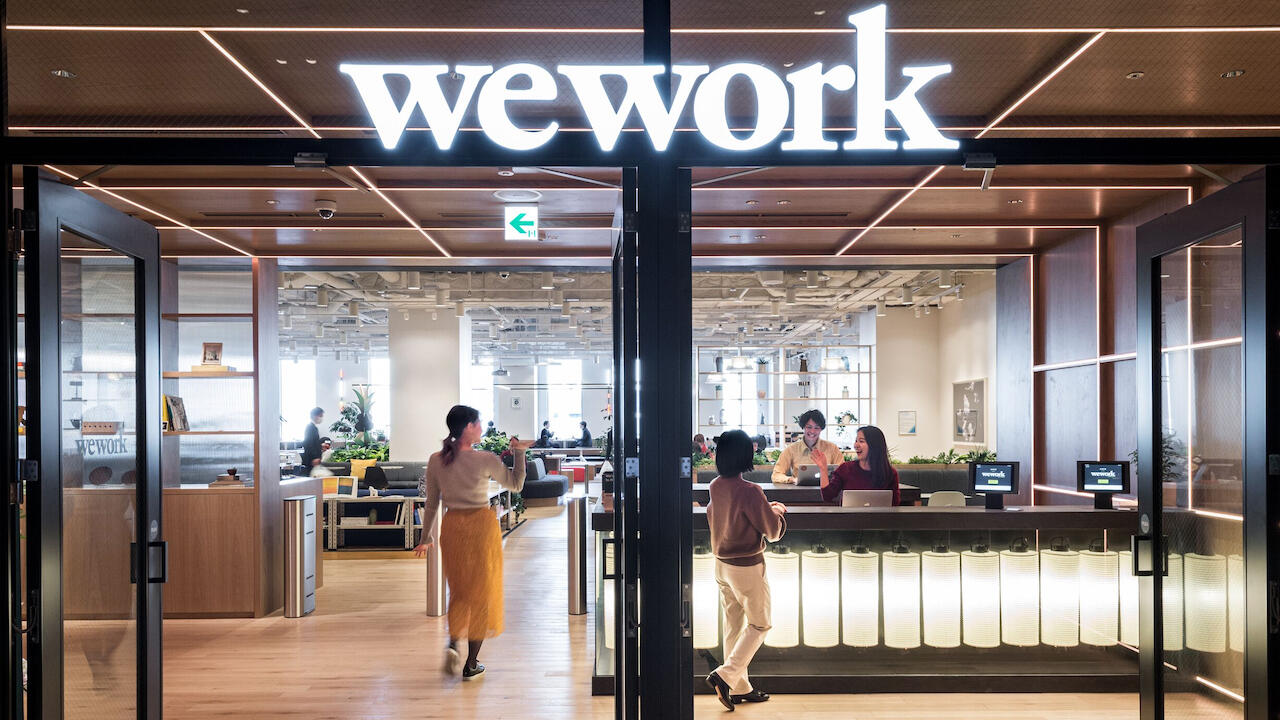In a stunning turn of events, office-sharing giant WeWork has filed for Chapter 11 bankruptcy protection in New Jersey federal court, marking a precipitous fall from grace for the once high-flying company.
WeWork’s struggles have been making headlines for years, and this latest move reveals the extent of its financial turmoil.
In this article, we will delve into the reasons behind WeWork’s decline and explore the implications of its bankruptcy filing.
From Valuation Heights to Financial Abyss
Just a few years ago, WeWork was the poster child of the sharing economy, valued at an astonishing $47 billion in 2019. However, the company’s efforts to go public were met with failure, setting the stage for a series of setbacks.
The COVID-19 pandemic exacerbated WeWork’s woes as companies terminated leases, and the subsequent economic downturn forced even more clients to abandon their spaces.
Bankruptcy: A Necessary Path
WeWork’s Chapter 11 bankruptcy filing is primarily focused on its locations in the U.S. and Canada, and initial reports indicate that the company’s liabilities could range from $10 billion to a staggering $50 billion.
WeWork’s CEO, David Tolley, expressed gratitude for the support of financial stakeholders, emphasizing the company’s commitment to investing in products, services, and its employees.
The bankruptcy filing is seen as a step towards reorganizing the company and ensuring its survival.

A Long Road to Recovery
The downfall of WeWork can be attributed to a combination of factors, including its ambitious expansion, excessive lease obligations, and management missteps.
The company’s former co-founder and CEO, Adam Neumann, expressed disappointment at the bankruptcy filing but believes that with the right strategy and team, WeWork can successfully re-emerge.
Lease Obligations and Global Footprint
At its peak, WeWork leased millions of square feet of office space in 777 locations around the world, according to regulatory filings.
The pandemic-induced shift to remote work and the subsequent reluctance of companies to commit to long-term leases have left WeWork grappling with significant financial challenges.
The Path Forward for WeWork
WeWork’s bankruptcy filing is not necessarily the end of the road for the company. With the support of its stakeholders and the expertise of its legal and financial advisors, WeWork aims to restructure and emerge from this challenging period.
The company has actively worked on renegotiating leases, suggesting a determination to adapt to the evolving landscape of office space usage.
WeWork’s journey from a $47 billion valuation to Chapter 11 bankruptcy is a cautionary tale of corporate ambition, market dynamics, and the impact of unforeseen events.
As the company embarks on its path to recovery, it remains to be seen whether it can reinvent itself and recapture the promise that once made it a tech unicorn.
The future of WeWork is uncertain, but its story is a testament to the ever-evolving nature of the business world.

